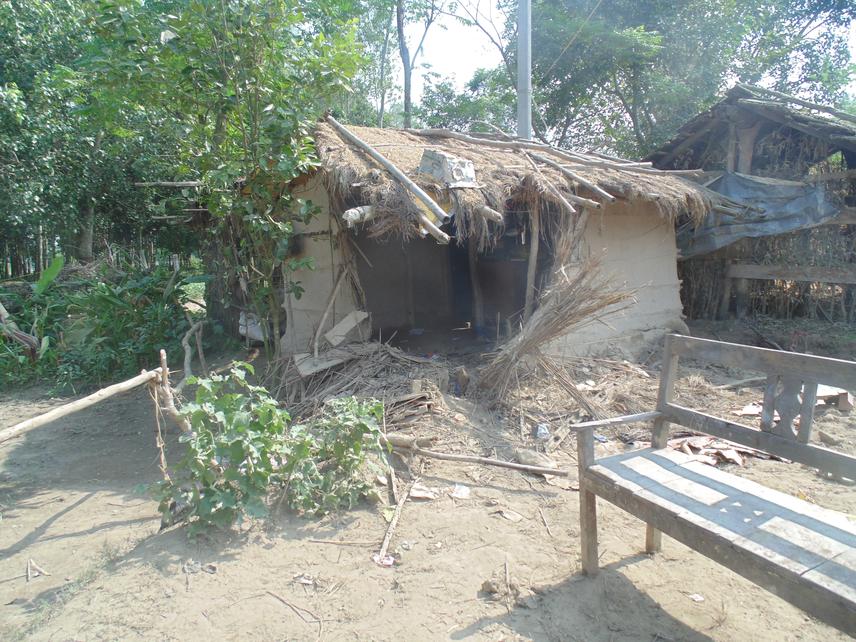Balram Awasthi
Other projects
3 Mar 2017
Human – Elephant Conflict Mitigation for the Welfare of SWR and Buffer Zone Community Stewardship in Far-Western Part of Nepal
The escalating conflict between humans and elephants is a pressing issue in the far-west region of Nepal. This conflict has reached its peak with frequent incidents of elephant attacks on humans as well as humans causing injury or deaths while protecting their food crops. In order to mitigate this conflict and promote sustainable coexistence, it is crucial to develop innovative solutions. Failure to do so may result in a decline in local support for elephant conservation efforts.
Building coexistence between humans and elephants is of immediate importance, as it will contribute to the long-term survival of elephants in landscapes that are highly fragmented and dominated by human activities, such as the far-western Terai regions of Nepal. Given the current scenario of HEC, it has become essential to enhance capacity and raise awareness in the targeted areas and communities.
This project aims to reduce human casualties caused by elephants and prevent retaliatory killings of elephants in the project area. By reducing human casualties, and loss, the objective is to foster coexistence and ensure the long-term survival of elephants in the human-dominated western Terai landscape of Nepal.

The project will be implemented in the vicinity of Shuklaphanta National Park in Nepal, where elephants are attracted to agricultural lands. As people heavily rely on these lands for survival, conflicts between humans and elephants, such as crop-raiding and elephant attacks, are common. This project will have a direct and indirect impact on more than ~200,000 people. Brochures, posters, and radio programs will be utilized as communication tools. Furthermore, the project will provide training and outreach programs to empower the local communities in managing HEC. Furthermore, the project will consolidate education and awareness-raising initiatives on elephant conservation and management among key stakeholders, including policymakers, local communities, and other concerned groups. Awareness campaigns will also be conducted to increase tolerance towards elephants and garner public support for elephant conservation, particularly among vulnerable to conflict communities.
Objectives
• Evaluate the magnitude of the human-elephant conflict occurring within and in close proximity to Shuklaphanta National Park.
• Minimize human fatalities resulting from elephant encounters and prevent acts of retribution against elephants by implementing conservation outreach initiatives in specific areas and communities.
• Empower local communities with the necessary skills and knowledge to effectively manage human-elephant conflicts, thereby promoting harmonious coexistence between humans and elephants in the peripheral regions surrounding Shuklaphanta National Park in Nepal.